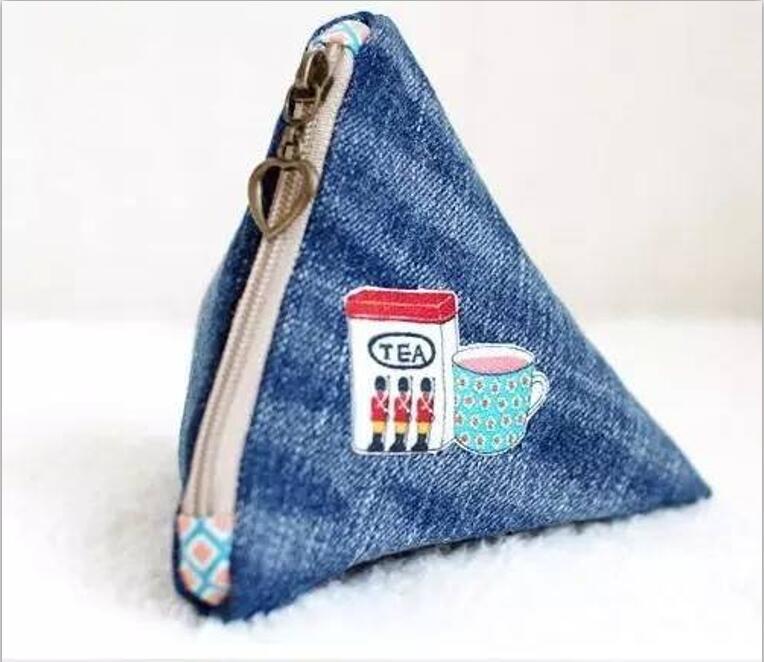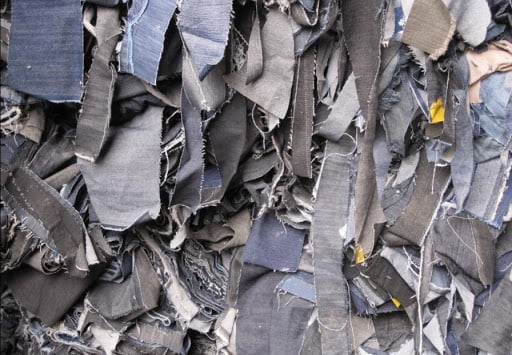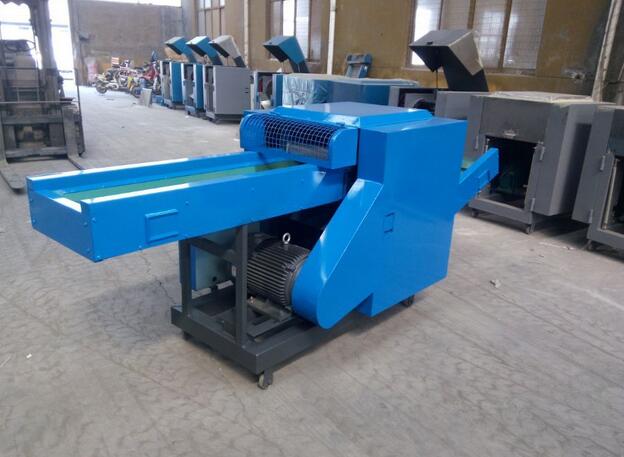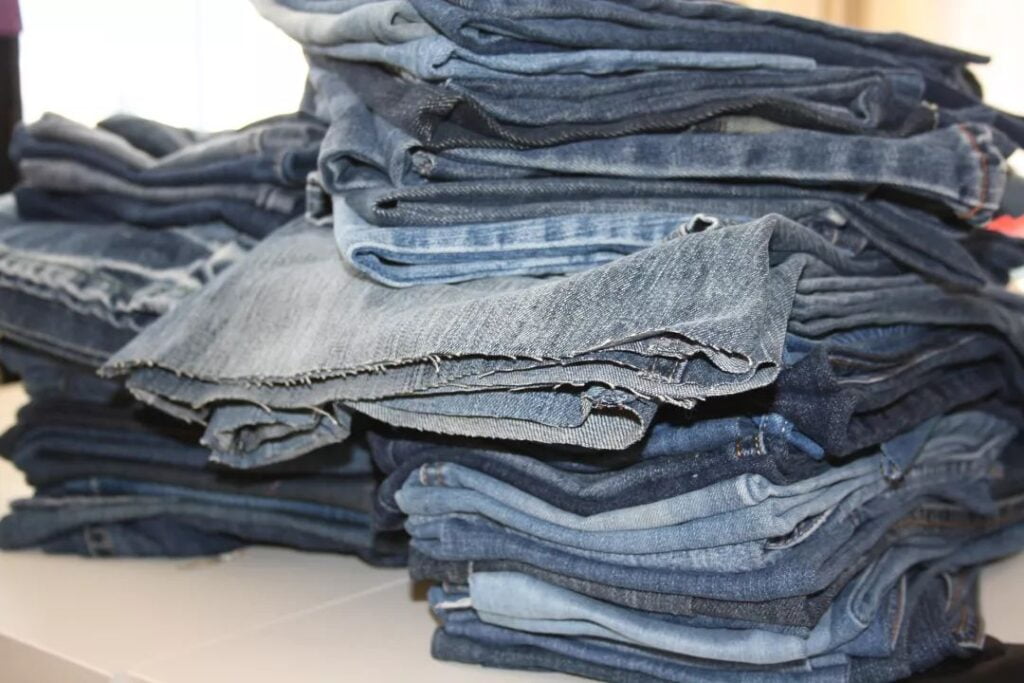Kot geri dönüşüm makinesi, kot kumaş geri dönüşümü için özel bir ekipmandır. Moda temsilcisi olarak kotlar da hayatta çok yaygındır. İnsanların modaya olan ilgisinin artmasıyla birlikte, kot atık üretimi de artmakta ve bu atıkların da uygun şekilde geri dönüştürülmesi gerekmektedir.
Kullanılmış kot pantolonlarla ne yapmalı?
Genel olarak konuşursak, insanlar atık kıyafetlerin imhasını esas olarak iki kategoriye ayırıyor: Biri onları doğrudan atmak, diğeri ise onları profesyonel kıyafet geri dönüşüm kurumlarına teslim etmek.

Diğer giysi ve kumaşlarla karşılaştırıldığında atık kot pantolonların kullanım değeri daha yüksektir. Bazı tüketiciler, kullanılmış kumaşların bir tür dekorasyona veya pratik değere sahip günlük ihtiyaçlara dönüşebilmesi için yaratıcı bir şekilde yeniden işlenmesini kendileri gerçekleştirecek.
Ancak yukarıdaki durum hala nispeten küçüktür ve kullanılmış kot pantolonların çoğu yine de atılacaktır.
Kot hurdasının geri dönüşümü
Geri dönüştürülmüş kot pantolonlar, onları elyaflara ayrıştırmak için bir dizi yeniden işleme tabi tutulacak ve böylece yeniden kullanım değerine sahip olacak.

Öncelikle, kot kumaşının özelliklerinden dolayı, kot kumaşı çok güçlüdür ve kesilmesi zordur. Merkezi geri dönüşümden sonra, kot atıklarının ilk işlemi ön kesim yapmaktır. Ancak manuel kesim sadece zaman alıcı ve zahmetli olmakla kalmaz, aynı zamanda işçilerin kendi güvenlikleri için de gizli tehlikeler taşır. Bu nedenle, özel kesim makinelerine kesim işlemi için ihtiyaç vardır.
Kot atık geri dönüşüm makinesine giriş

Kot atık kesme makinesi, yüksek yoğunluklu kotları kısa sürede eşit şekilde kesebilir. Ve kotların yanı sıra diğer kumaşların çoğunu da kesebilir. Hem kesme etkisi hem de kesme hızı günlük işleme ihtiyaçlarını karşılayabilir.
Bu kot atık kesme geri dönüşüm makinası esas olarak kullanımı kolay, bakımı kolay bir besleme ve boşaltma konveyör bandı ve kesme cihazından oluşur.
Kot atıklarının geri dönüştürülmesinin faydaları
Kullanılmış kot giysilerinin doğru bir şekilde geri dönüştürülmesi ve işlenmesi, tekstil atıklarını en aza indirmekle kalmaz, aynı zamanda yeni kaynaklara olan talebimizi de büyük ölçüde azaltır, böylece kullanılmış tekstillerin çevreye verdiği kirliliği büyük ölçüde azaltır ve hafifletir. Aynı zamanda, daha fazla insanı giysi geri dönüşümü listesine katılmaya teşvik edebilir.

